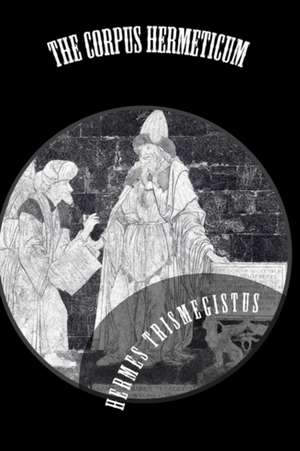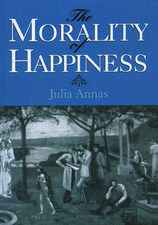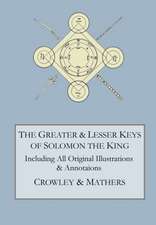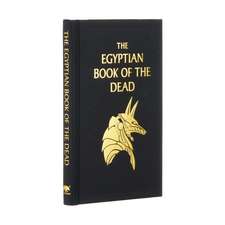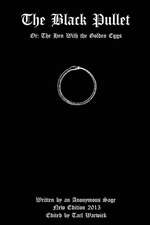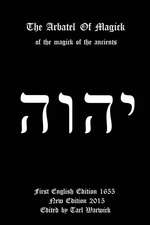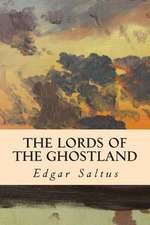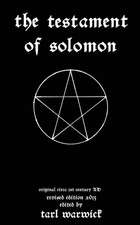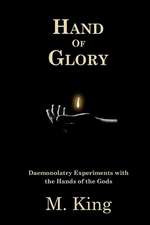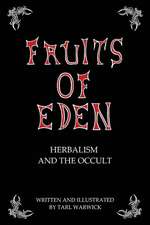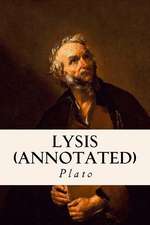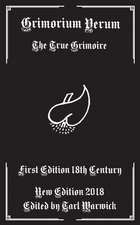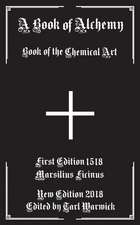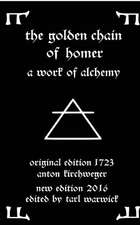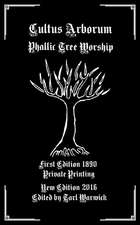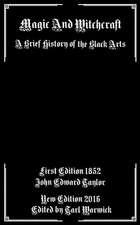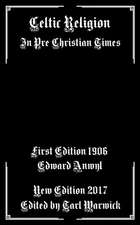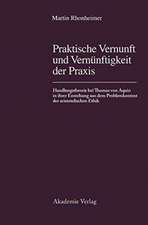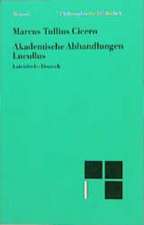The Corpus Hermeticum: The Papyrus of Ani
Autor Hermes Trismegistusen Limba Engleză Paperback – 30 noi 2008
| Toate formatele și edițiile | Preț | Express |
|---|---|---|
| Paperback (3) | 46.21 lei 6-8 săpt. | |
| Iap - Information Age Pub. Inc. – 30 noi 2008 | 47.73 lei 3-5 săpt. | |
| The Big Nest – 15 iul 2018 | 109.90 lei 3-5 săpt. | |
| CreateSpace Independent Publishing Platform – | 46.21 lei 6-8 săpt. |
Preț: 47.73 lei
Nou
Puncte Express: 72
Preț estimativ în valută:
9.13€ • 9.77$ • 7.62£
9.13€ • 9.77$ • 7.62£
Carte disponibilă
Livrare economică 27 martie-10 aprilie
Preluare comenzi: 021 569.72.76
Specificații
ISBN-13: 9788562022104
ISBN-10: 8562022101
Pagini: 104
Dimensiuni: 152 x 229 x 6 mm
Greutate: 0.15 kg
Editura: Iap - Information Age Pub. Inc.
ISBN-10: 8562022101
Pagini: 104
Dimensiuni: 152 x 229 x 6 mm
Greutate: 0.15 kg
Editura: Iap - Information Age Pub. Inc.
Notă biografică
Hermes Trismegistus is the purported author of The Corpus Hermeticum, a series of sacred texts that are the basis of Hermeticism. Hermes Trismegistus may be associated with the Greek god Hermes and the Egyptian god Thoth. Greeks in the Ptolemaic Kingdom of Egypt recognized the equivalence of Hermes and Thoth through the interpretatio graeca. Consequently, the two gods were worshiped as one, in what had been the Temple of Thoth in Khemenu, which was known in the Hellenistic period as Hermopolis. Hermes, the Greek god of interpretive communication, was combined with Thoth, the Egyptian god of wisdom. The Egyptian priest and polymath Imhotep had been deified long after his death and therefore assimilated to Thoth in the classical and Hellenistic periods. The renowned scribe Amenhotep and a wise man named Teôs were coequal deities of wisdom, science, and medicine; and, thus, they were placed alongside Imhotep in shrines dedicated to Thoth-Hermes during the Ptolemaic Kingdom. Some authorities regard Hermes Trismegistus as a contemporary of Abraham, and claim that Abraham acquired a portion of his mystical knowledge from Hermes himself. Christian writers considered Hermes to be a wise pagan prophet who foresaw the coming of Christianity. They believed in the existence of a single theology that threads through all religions. It was given by God to man in antiquity and passed through a series of prophets, which included Zoroaster and Plato. In order to demonstrate the verity of this thesis, Christians appropriated the Hermetic teachings for their own purposes. By this account, Hermes Trismegistus was either a contemporary of Moses, or the third in a line of men named Hermes.
